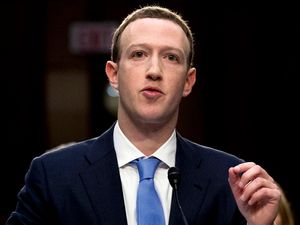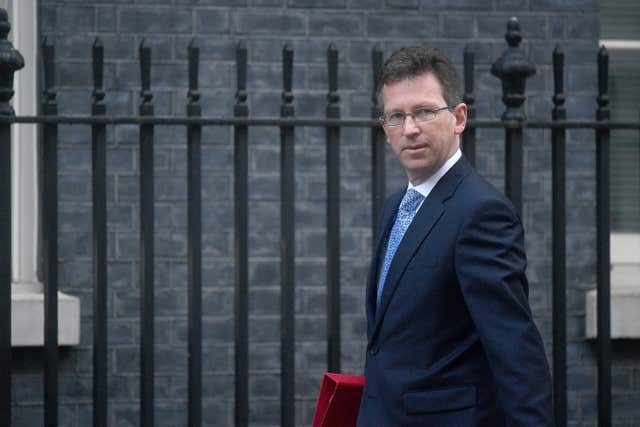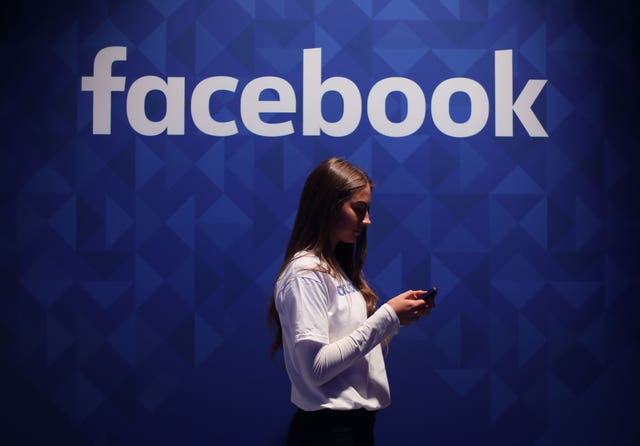Culture Secretary reveals he urged Zuckerberg to face MPs
The Facebook boss has declined multiple invitations to address concerns about the social network.

Culture Secretary Jeremy Wright has revealed he urged Facebook boss Mark Zuckerberg to face questions from MPs in the UK about the social network during a recent meeting in the US.
Mr Wright flew out to San Francisco with digital minister Margot James in February to discuss practices with tech leaders ahead of a white paper addressing online harms due to be released by the Government within weeks.
The Facebook chief executive has been called to stand before MPs on multiple occasions to answer a range of questions in relation to recent data breaches, allegations of business malpractice, repeated electoral interference and the rampant spread of disinformation and hate speech on the platform.

“I said to him that I thought it would be a good idea for him to go to the select committee and make his case,” the Culture Secretary said at the Deloitte Enders Media and Telecoms event on Thursday.
“He has a case to make but he also has questions to answer. I think it would be right for him to go and answer them.”
The Facebook boss has been widely criticised by politicians for failing to personally attend meetings in the past.
Mr Zuckerberg showed “contempt towards both the UK Parliament and the International Grand Committee”, a final report on disinformation and fake news said last month, while Labour deputy leader Tom Watson has previously described him as a “coward”.

Mr Wright said the nature of the white paper was not to put social networks out of business, but to make them responsible for their platforms.
“The message that I was taking to all of these companies was that we are not interested in putting them out of business, but we do require you to be responsible businesses and in the end the white paper that you are going to see shortly will set out, I hope with some clarity, what the responsibilities we believe these companies should have are, how these responsibilities should be met, and what should happen if those responsibilities are not met,” he continued.
“I’m happy to discuss that with the companies who will be at the receiving end of that process but in the end it must be for Government to decide what it believes is necessary to keep the citizens of this country as safe as they can be from harmful content online.”





